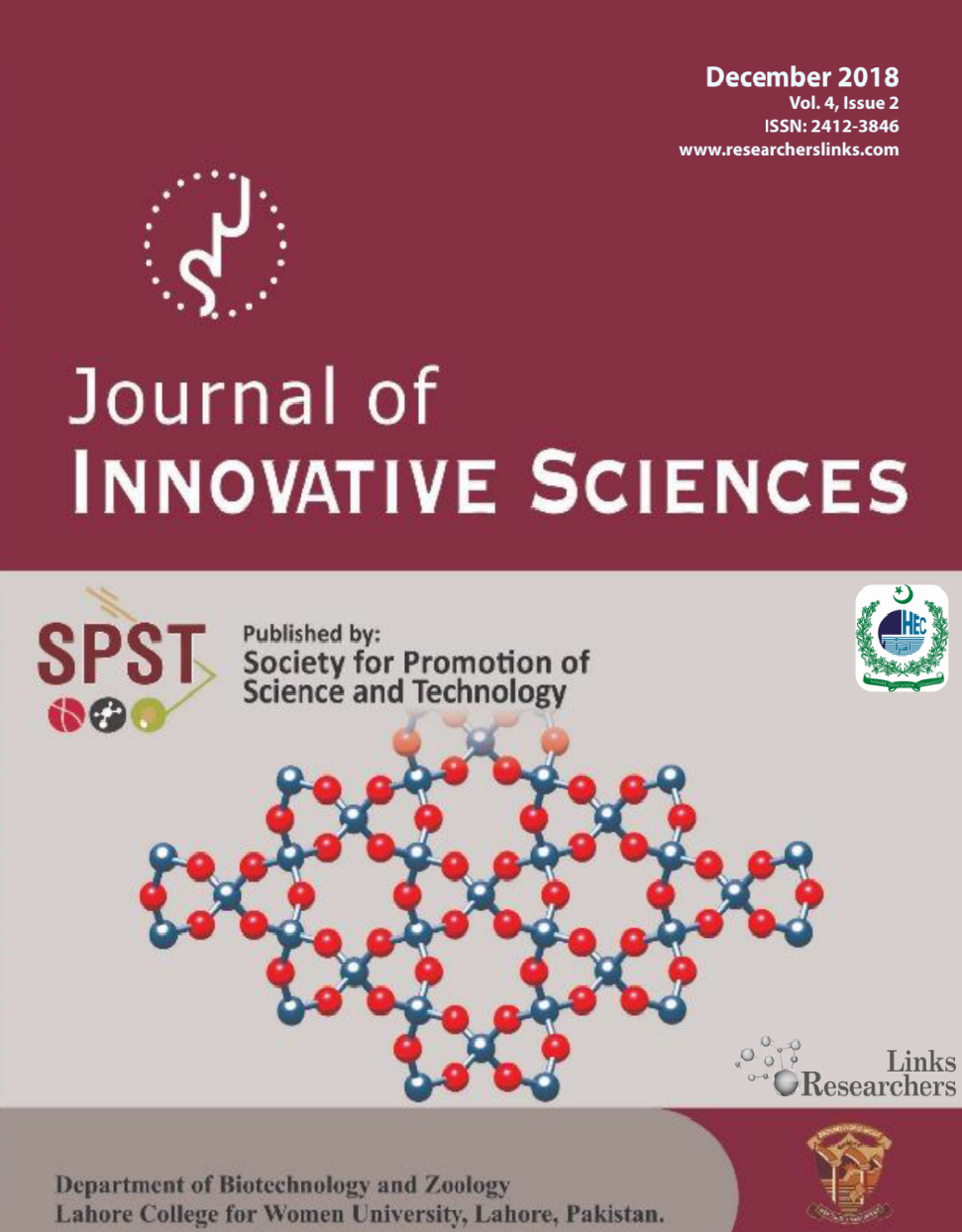ABSTRACT
Critical thinking (CT) includes skills and dispositions which are closely linked with learning, decision making, problem solving and academic success.Scientific inquiry employs CT in enquiring about and explaining natural phenomenon. However, fostering CT through instruction is still a neglected area in educational institutions. The current study was intended to find out the relationships among critical thinking based instructional practices (CTIPs), critical thinking skills (CTS), critical thinking dispositions (CTD), and academic achievement (AA) of undergraduate students of physics, chemistry, and biological sciences. The study determined the moderating effects of gender, and academic discipline along with mediating effect of CTD and CTS in the relationship between CTIPs and AA. A sample of 320 final year science students of BS programs, was selected from three selected universities and surveyed through a questionnaire. The results of data analyses revealed gender wise differences in perceived level of CTIPs, CTS and AA in favor of female students. Students of physics were found better in CTS and students of chemistry were found better in academics. Teachers of chemistry were employing CTIPs more frequently than the other departments. The results also revealed that CTIPs had good predictability of CTD of science students while CTS and CTD had significant effects on AA of undergraduates. The results of data analyses had confirmed the significant moderating effects of gender on the relationship between CTD and AA. The moderating effects of gender on the relationship between CTSs and AA of students had been found insignificant. The results showed the insignificant mediating effects of CTS and CTD in the relationship between CTIPs and AA. This study was conducted on cross-sectional descriptive correlational research design; however, the researcher had suggested conducting experimental studies in this area for establishing true causal relationships.
To share on other social networks, click on any
share button. What are these?





